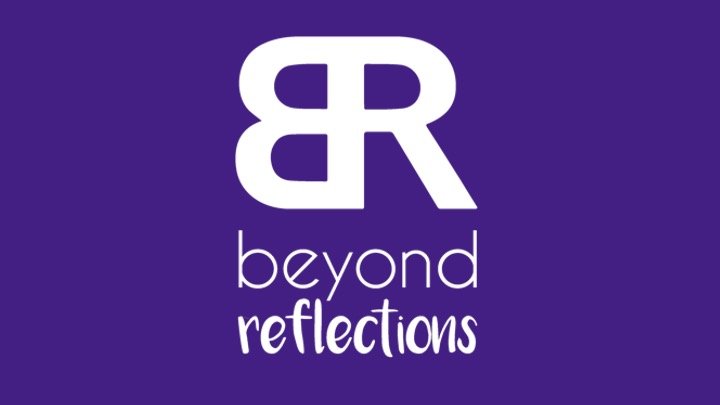
Constitution
Our Charitable Objects
Much of the constitution is about how the charity is governed, technical information on conducting meetings, voting, and electing trustees. The interesting part for most of us is the front page. The Objects of the charity. These are the framework for our operations. If you want to find out more about how we deliver on our Objects then check out our About Us page https://beyond-reflections.org.uk/about-us/
The objects of the CIO include, but are not limited by, the following:
1) To relieve the needs of gender diverse (trans, non-binary or gender questioning or TNQ) adults and those who are the significant others (adult family members, partners, carers, and close friends) of someone who is gender diverse, by such means as determined by the charity, including:
a) Providing guidance for gender diverse individuals and significant others
b) Providing forums with counsellors and trained advisors
c) Providing opportunity for beneficiaries to meet like-minded individuals
d) Providing opportunities for such people to learn independent living skills so that they may participate better in mainstream society
2) To advance education for the public benefit of those who are gender diverse and their significant others; particularly in gender related issues by:
a) Provision of ‘Life Skills’ workshops at the Support Meetings
b) Providing speakers on topics of interest at the Support Meetings.
3) To advance the education of the public in gender related issues by providing an Awareness Training service to:
a) Educate those who may employ or come into contact with gender diverse people through their work,
b) Provide education to other organisations, agencies and statutory authorities through Training Workshops,
c) Provide workshops aimed at addressing prejudice.
4) To promote equality and diversity for the public benefit by:
a) Working to raise transgender awareness
b) Working to eliminate discrimination on the grounds of gender diversity
5) To promote social inclusion for the public benefit by preventing gender diverse people from becoming socially excluded (by discrimination on the grounds of their gender diversity), relieving the needs of those people who are socially excluded and assisting them to integrate into society.
